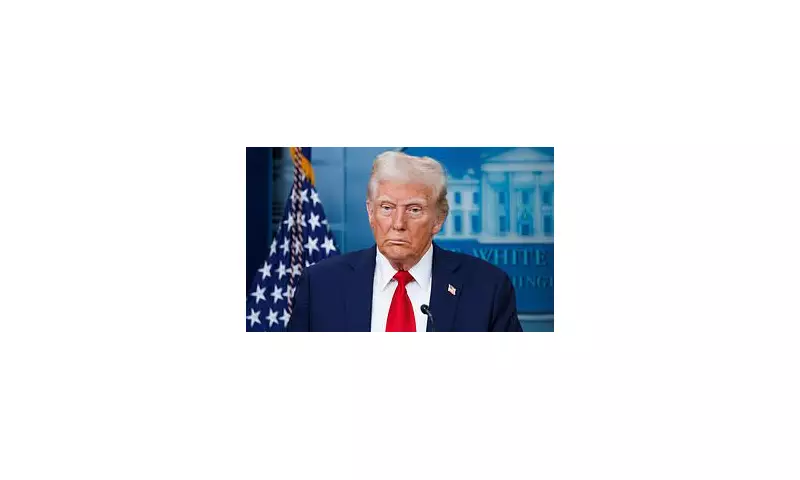
In a move that has sent shockwaves through the media landscape, former President Donald Trump has issued a stark warning to major American television networks, threatening to strip them of their coveted broadcasting licenses should he return to power.
A Chilling Warning to the Press
The incendiary comments, made on his social media platform Truth Social, take direct aim at networks he perceives as hostile. Trump declared that any network guilty of what he termed "fake news" should face the ultimate penalty: the revocation of their government-issued licence to operate.
This threat strikes at the very heart of the First Amendment, raising alarm among free speech advocates and media professionals about the potential for political interference in a free press.
The Power to Revoke: Fact or Fiction?
Legal experts were quick to question the feasibility of such an action. In the United States, television networks are indeed regulated by the Federal Communications Commission (FCC), which holds the power to grant and revoke licenses.
However, this power is not intended as a political tool. The FCC operates under strict guidelines, and revocations are typically reserved for severe violations of broadcasting rules, such as indecency or fraud—not for airing critical commentary of a political figure.
A Pattern of Confrontation
This is not the first time Trump has clashed with the media. His previous term was marked by a deeply adversarial relationship with many news organisations, whom he frequently labelled "the enemy of the people."
This latest threat signifies a potential escalation, moving beyond rhetorical attacks to a promised concrete action against press freedom, should he win the next presidential election.
Immediate Backlash and Defence of Free Speech
The reaction was swift and severe. Media watchdog groups and constitutional scholars condemned the statement as a direct assault on democratic principles.
"The idea that a president could use regulatory power to silence critics is profoundly undemocratic," stated one leading First Amendment attorney. "It's a threat that should concern every American, regardless of political affiliation."
The controversy ensures that the relationship between power and a free press will remain a central, and deeply contentious, issue in American political discourse for the foreseeable future.





